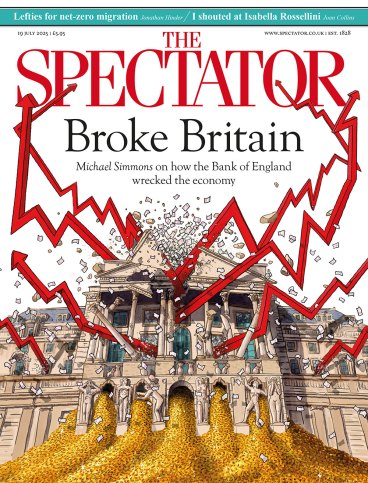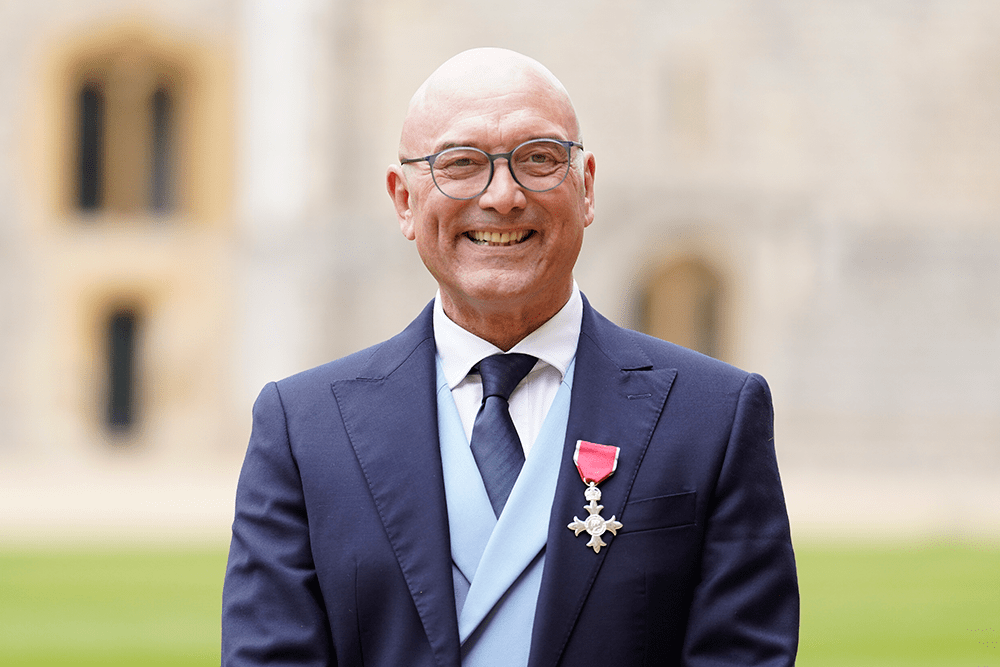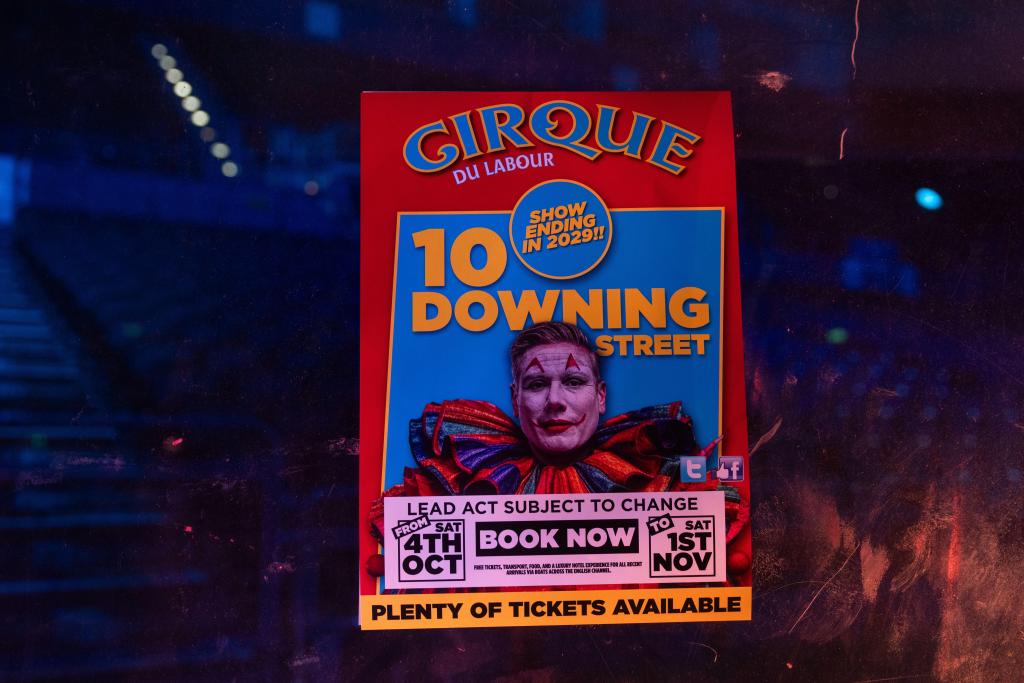
The BBC chef Gregg Wallace has been sacked for his objectionable behaviour over many years, but has blamed the BBC for not taking the action which, he claims, would have saved him from himself. Aristotle (d. 322 bc) would have doubted that.
Let us assume, says Aristotle, that it is possible for any human to wish to do what is good. But a mere wish counts for nothing. Goodness will find its expression only in the way a man deals with the means he adopts to bring about the wished-for result.
But what if he is just not the sort of man to take the trouble? That is surely a consequence of the style of life which he has adopted: after all, one acquires particular attributes only by constantly behaving in particular ways. And that choice is his own responsibility: his character is controlled by how he spends his time and what he chooses to engage in. It is that which makes him the sort of person he is. Aristotle here draws an analogy with sportsmen, who keep on practising the same thing in order to win.
Moreover, Aristotle goes on, ‘if a man acts unjustly or intemperately he cannot reasonably be said to have not wished to be unjust or intemperate. Mere wishing cannot stop him from e.g. changing unjust to just behaviour, any more than it can make a sick man healthy’. If a man becomes ill through his own voluntary actions (e.g. dissolute lifestyle, ignoring doctor’s orders), the choice is his. Like throwing a stone, Aristotle says, once you have let go, you cannot call the stone back – but you had the power to decide whether to throw it.
At every choice, Aristotle insists, ‘we have the power to act, or not to act, to say “yes” or “no”’. As a result, he concludes, virtue and vice are up to us, while absolving bad men of blame for wrongdoing automatically deprives good men of praise for virtue.
But according to Gregg Wallace, he is innocent of the most serious allegations and blames the BBC partly for his actions. Oddly, for once, it isn’t the BBC’s fault. Except they should have sacked him much earlier.







Comments